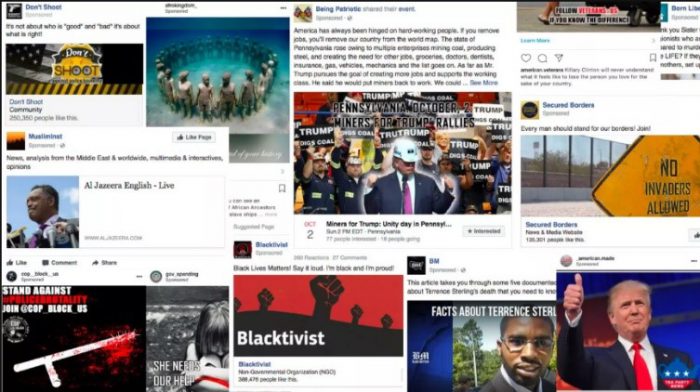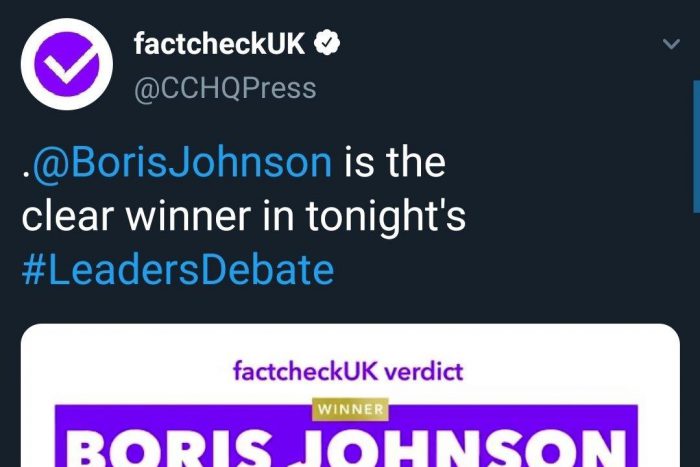With the UK general election tomorrow, political parties and leaders haven’t been out of the news since the announcement. Many of the nation are still making their mind up about who to vote for and could be swayed one way or another by what they see online. Influencing factors include media coverage, interviews, political broadcasts and of course, the opinion of friends and family. What about social media – could a Facebook ad influence your vote?
Facebook is currently under scrutiny, by pretty much everyone, for allowing political parties to target users with paid campaigns on the platform. Currently, political parties can utilise social media advertising to target sets of individuals and influence their vote. It’s most likely that parties will target the younger demographic of voters who have a huge impact on the voting outcome. It makes sense for them to target this group on social media because Millennials and Gen Z have the highest social media consumption when compared to other generations – but should it be allowed?
Facebook argued that there wasn’t enough time for the UK to change the laws to solve the problem of political advertisements on social media pre-election. However, when looking into Facebook’s policy on political ads, it’s clear that the platform could independently restrict them like Twitter has. The policy states:
“Advertisers can run ads about social issues, elections or politics, provided that the advertiser complies with all applicable laws and the authorisation process required by Facebook. Where appropriate, Facebook may restrict issue, electoral or political ads.”

So why doesn’t Facebook act on political ads independently? Well, it comes down to one thing…money.
The platform has attempted to make these ads more ‘transparent’ for users. When setting up an ad related to politics you will need to prove your identity and state who has paid for the ad. This is displayed within the ad to clearly show users who is funding each campaign. There will also be an ad archive available for both users and non-users of Facebook allowing them to view all previous campaigns, the spend of each as well as the reach of posts. This new feature was created after the disaster of political ads on Facebook during the 2016 US presidential election, where thousands of ads were run by Russian groups used to divide the country and arguably affect the end result.

Although Facebook is working to become more transparent, it’s obvious things can slip under the radar undetected on all social media platforms. We saw an example of this in previous weeks with Twitter accusing the Conservative party of misleading the public. This was after the party changed their official account to pose as a fact checker providing users with ‘un-biased’ facts about each political parties’ agenda during the leaders’ debate. The profile and header image were changed to a purple background with a tick logo, making the account look like an unbiased political profile. However, the tweets aimed to tear down the opposition and promote Boris Johnson as the “clear winner” in the debate.


However, it appears Twitter aren’t actually acting upon this misleading action and state that:
“Any further attempts to mislead people by editing verified profile information – in a manner seen during the UK election debate – will result in decisive corrective action.”
We all know that paid advertisements on social media are effective in influencing customers to buy products or use your service. So, the main question we need to be asking is how influential these ads are on voters when it comes to polling day. Not only this but if paid campaigns relating to politics should even be allowed on social media channels like Facebook or Instagram. We know from recent history that misleading voters can have a major impact on the final outcome of the election. We can also see history repeating itself with The Conservative party temporarily changing their Twitter to look like an un-biased account to give users information, similar to what happened in 2016 US election.
The next general election might see no political advertisements during the campaign period on social media, but only time will tell how these adverts have influenced voters during this election.

